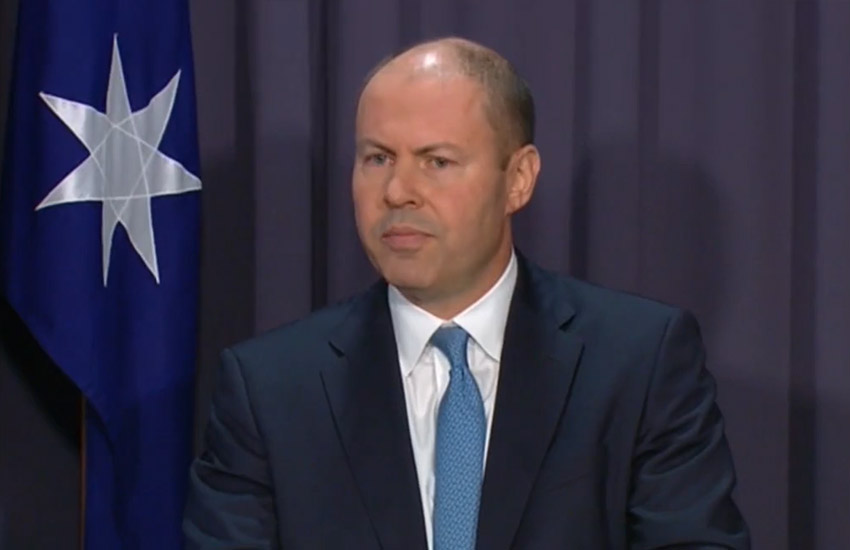Treasurer Josh Frydenberg on Monday announced that the government will offer temporary ASIC levy relief to financial advisers, which will see the sub-sector’s levy hemmed from a 2020–21 estimate of $3,138 to 2018–19 levels of $1,142 per adviser for the next two years.
Financial advisers will still be subject to an ongoing annual fee of $1,500 in addition to the levy, though the relief has largely been welcomed off the back of surging year-on-year costs that have driven herds of advisers out of the space.
You’re out of free articles for this month
ASIC’s estimated 2020–21 financial advice levy emerged as a 29 per cent increase on 2019–20’s $2,426 levy, while the amount charged per financial planner increased by 160 per cent in the two years to 2019–20.
Mr Frydenberg said the temporary reduction, however, will help financial advisers plan around the impacts of COVID-19, and offer a degree of certainty, as the Treasury reviews ASIC’s industry funding model.
“The freeze in the per-adviser levy will provide financial advisers with the certainty they need over the next two years to deal with the impacts of COVID-19 and further regulatory reforms making their way through the Parliament, including the introduction of a single disciplinary body and a compensation scheme of last resort,” Mr Frydenberg said.
“[The] Treasury will also review the ASIC industry funding model while this temporary relief is in place, to ensure it remains fit for purpose in the longer term given structural changes taking place in the advice industry.
“This review will commence in 2022 and will be undertaken in consultation with the Department of Finance and ASIC.”
The relief was broadly welcomed by the profession, though questions were asked of its failure to support other parts of the accounting profession which have also been left to shoulder fee increases.
In a joint statement, CPA Australia, Chartered Accountants Australia and New Zealand and the Institute of Public Accountants urged the government to extend the relief measure to other practitioners who are also subject to ASIC’s industry funding model.
“Restoring ASIC fees to their 2018–19 level for the next two years comes as welcome relief for financial advisers,” they said.
“However, we can’t understand why other parts of the accounting profession, which have also been hit by steep fee increases, have been ignored.”
A registered company auditor’s estimated levy for 2020–21 is $1,127, which rose by 39 per cent from 2019–20’s $811. The year before that, their fees shot up by as much as 290 per cent.
Meanwhile, registered liquidators will have to cough up a minimum of $2,500, followed by an estimated levy per appointment or notifiable event of $127 for 2020–21, up by 60 per cent on the $79.16 they paid the year before.
“This structure makes it hard to precisely quantify ASIC fee increases,” they said. “The professional accounting bodies are nonetheless aware that insolvency practitioners are finding rising fees debilitating and difficult to budget for.
“Today’s announcement recognises the debilitating impact that ASIC industry fees are having on the profession and acknowledges the government’s role in controlling fee increases.
“It doesn’t make sense to discriminate between participants by granting relief to some while ignoring others.”
John Buckley
AUTHOR
John Buckley is a journalist at Accountants Daily.
Before joining the team in 2021, John worked at The Sydney Morning Herald. His reporting has featured in a range of outlets including The Washington Post, The Age, and The Saturday Paper.
Email John at This email address is being protected from spambots. You need JavaScript enabled to view it.
 Login
Login







